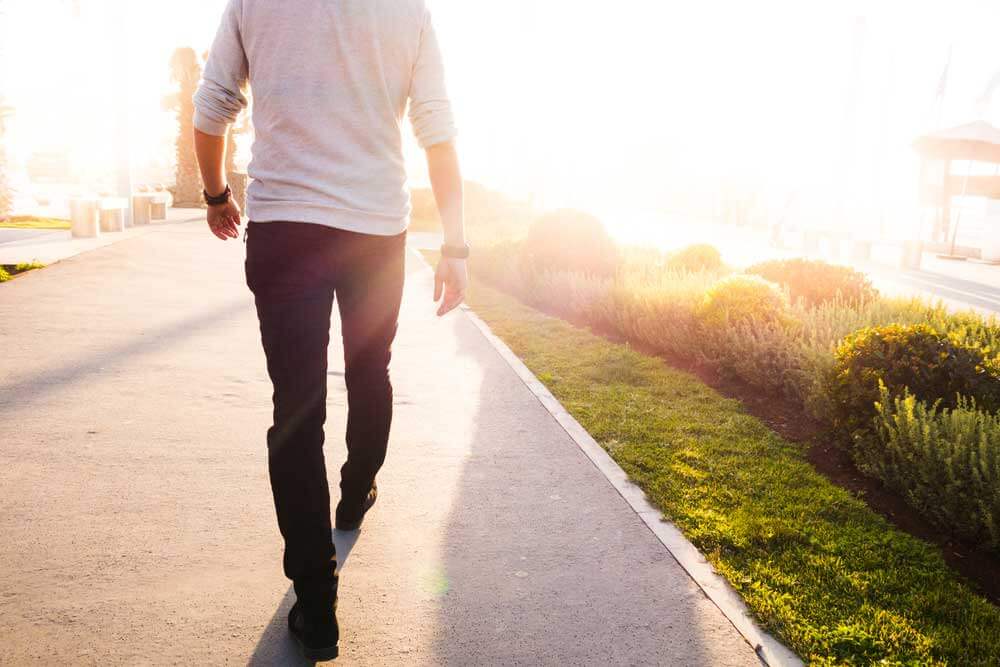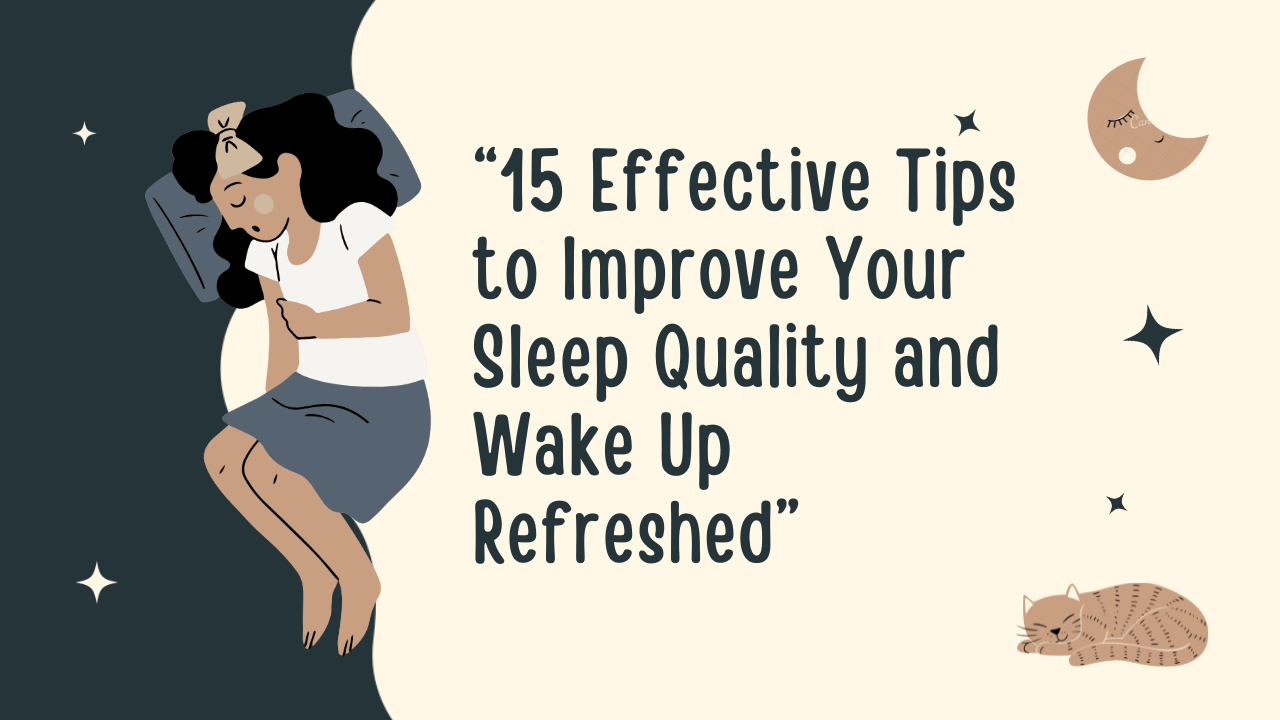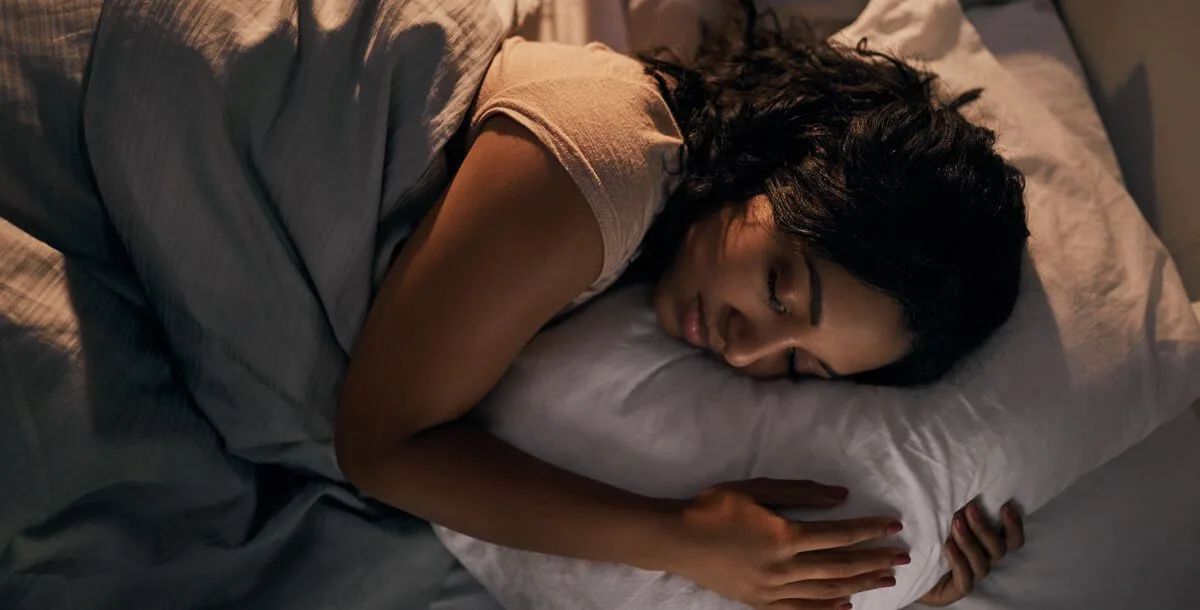

If you walk for 75 minutes a week, then you can avoid becoming a victim of depression. This result has been revealed in a research conducted at Cambridge University, UK. According to research experts, if you exercise even half the time of the recommended exercise duration by the World Health Organization (WHO), the chances of depression are reduced by 20%.
Know how black coffee is beneficial for your health
Exercise keeps the body happy
According to WHO, 150 minutes of exercise a week is essential. At the same time, scientists from Cambridge say that even if you give half the time, then physical as well as mental health will be good. Exercise produces chemicals called endorphins in the body, which make us feel happy. This can help people struggling with depression. According to scientists, exercise also changes the thinking of a person facing depression. Due to this he also starts getting active again in social activities.
The research was done on 1 lakh 90 thousand people
This research was done on 1 lakh 90 thousand people. People from European countries including India, America, Russia, Mexico, Australia, and Japan were included in this. Of the people in the study, 28,000 were suffering from depression. According to the chairman of the research team, Dr Matthew Pierce, physical activity has a positive effect on mental health. Depression can cause problems like sleeplessness, weight gain, weak eyes, fatigue, and lack of interest in work.
28 crore people in the world are victims of depression
Around 28 crore people in the world are in the grip of depression. Due to this, they feel hopeless for a long time. Some studies suggest that physical activity is more effective than anti-depressants in dealing with depression.




